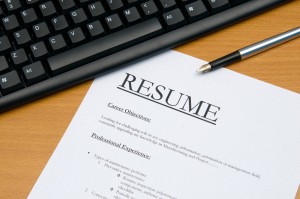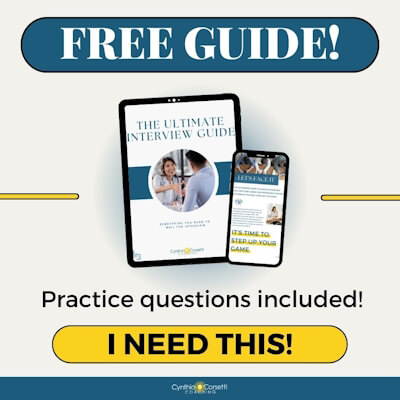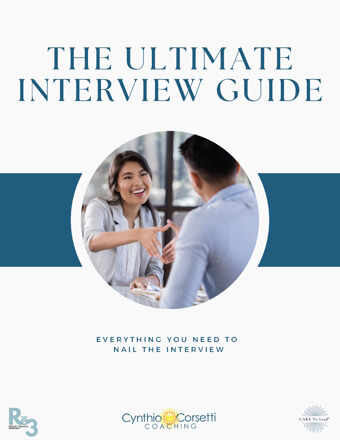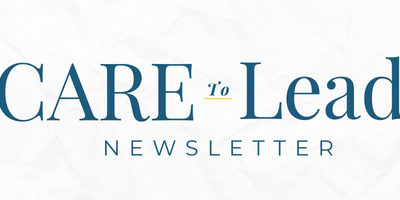Personality Type and Your Resume
One Coach’s Perspective
I love fan the Myers-Briggs Type Indicator. I use it with my clients on a regular basis. It’s a great tool to use for communication skills, and it helps my clients understand how they process information and make decisions. But, last week something interesting happened which made me realize an entirely different reason for understanding how Type works and how it can affect your ability to get an interview.
First Impression
It started when I was attempting to assist a client in a search for a highly-skilled technical candidate. I came across a resume that seemed as if it could be a fit. He definitely had the technical experience; but it wasn’t recent. Looking at the resume, I assumed it was likely not a fit, but I decided to give the candidate a call anyway to see if I changed my mind during my conversation.
As it turned out, my conversation with the candidate did provide me with additional information. He went into greater detail regarding his day-to-day work and many of the skills my client was looking for were skills that the candidate currently uses, they just weren’t listed specifically on his resume.
The Disconnect
I forwarded the resume to my client who reviewed it quickly and concluded that this candidate didn’t have enough recent technical experience for the position. I asked my client to speak with the candidate but was told that he didn’t have to speak with him because he could see quite clearly on the resume that the candidate wasn’t a good fit for the position.
This is where I think I fell short. And, the worst part is that I knew better….ugh…dumb mistake.
Ignoring Type
I was keenly aware that my client is an ISTJ personality type. This means that he makes his decisions based on facts; on what he sees in front of him. He looked at the facts, in this case the resume, and he evaluated those facts and he formed a decision.
I am an ENFP. That means I use my intuition, perception, and feelings much more than facts to form an opinion or to make a decision. Because I “had a feeling” the resume might not be all inclusive, I called him. Because my client based his decision on “what was in front of him” he did not.
I realized that when someone writes a resume, they can get better results if they consider the possible personality type of the reader. In fact, that type could be the difference between the candidate getting in the door, or not getting in the door.
What to Consider
There are four dichotomies explicit in Myers-Briggs. Explaining them is rather complex and not the scope of this blog, but briefly, the two dichotomies involved in the resume situation are S and N and T and F. As an ISTJ, my client takes in information primarily through the five senses. As he held the resume in his hand, he read the words and absorbed information. He made his decision based on logic. His decision to not speak personally to the candidate made complete sense to him.
As an ENFP, I take in information through hunches and impressions. I am looking for possibilities, not necessarily facts. I reached out and made the phone call because I had a hunch.
What You Can Do
My suggestion is to write a resume that combines the preferences of each of the dichotomies. Make your objective and summary broad based and encompassing. This will pull in your N and F readers; they’re going to see possibilities in this.
Next, list your skills; all of them. Make the body of the resume skills based. Put the emphasis on skills that the employer will be looking for. List all the technical skills in a brief and targeted format. Bring the attention to the facts. This will pull in your S and T readers. They want to see in black and white what skills you have.
Finally, list your positions at the end. This will highlight your employment history without focusing so much on what you did for each employer. You are simply telling your reader, this is who I am, this is what I want to do, these are my skills, and this is my employment history.
Why It Matters
You only get one shot at getting noticed. My experience with my client and this candidate certainly wouldn’t qualify as a scientific study. It was more of what Oprah would call an “aha” moment; but sometimes those moments define how we do things in the future. For me, this one will affect how I help my clients in the future. And, should I ever need to send out a resume again, it will most definitely be skills based resume.











So interesting! As a former recruiter, I worked for an account manager who was also an ISTJ, and it was often difficult to sell her on submitting a resume to a client when the candidate’s experience didn’t follow the line by line job description. As an ENFP, I also often worked on hunches and intuition about who would be a good fit for a position. Sometimes, these outside of the box candidates turned out to be great fits for the position or company, but would never have passed through the ISTJ lens. Great advice on how to appeal to various types!